The tech industry is a finicky business. Many brilliant companies have failed just because they launched a product too advanced for its time or lacked adequate marketing power. Even successful products can be left behind in the wake of new technological advancements. But a failed company can still affect the flow of technology. Here’s our list of 21 failed companies who paved the way for the technologies of the 21st century.
21: America Online
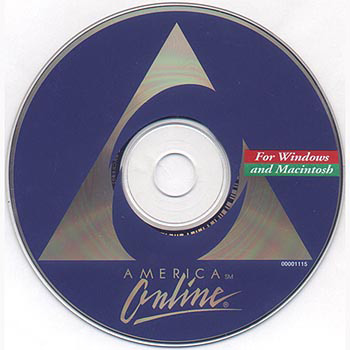
Although AOL has yet to fail as a company, its dwindling user base has it set at the precipice. AOL’s rise to power as an ISP giant has long been over. Still, AOL’s unsolicited mailing of millions of CD-ROMS promising free hours of browsing brought the internet to the masses. Without this mass adoption rate, the internet wouldn’t be what it is today.
20: WebTV

WebTV was a failure almost before it started, barely mustering up enough investors to launch its first product: a set top box that gave you internet on your TV. The concept never really caught on, and Microsoft bought out the company before it even had a chance to grow. With Microsoft’s massive financial backing the concept never died, but still never became widely popular. With WebTV as an example, Google is creating GoogleTV an almost identical concept except now with the backing of broadband and a more internet aware public.
19: Polaroid
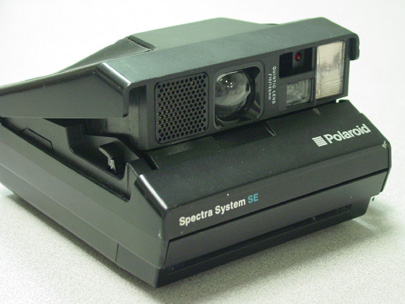
While the Polaroid company went bankrupt back in 2001, the Polaroid brand is still in use, a tribute to just how influential the name was. Polaroid introduced us to instant photography, and taught us that print quality isn’t as important as knowing the shot came out well. Digital cameras have taken this concept to heart, letting us see our photo right after taking it and giving us the freedom to print it out at home.
18: CUseeME
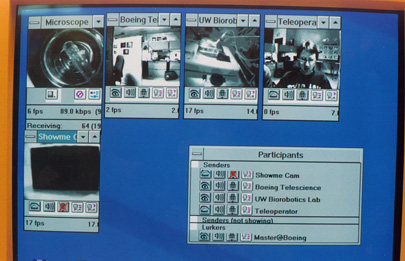
CUseeME was an independently developed video chat program, created back in 1992, and was arguably the first fully capable video chat available to the public. CUseeME ultimately failed simply due to limitation in computer hardware and network speeds; people expected more out of it than their computers could handle. Now that technology has caught up, we have things like Skype for video calls and video chat on our cell phones.
17: Kozmo.com

Kozmo.com was an online delivery service which promised free delivery of small items (like coffee, books, games, etc) within one hour. While Kozmo.com was a complete and utter failure, it pioneered the concept of using an internet portal to order local products. You can see remnants of its business model in things like in-store pickup, NetFlix, and Dominos’ online ordering system.
16: Napster

Everyone knows of Napster, the Peer-to-Peer sharing program notorious for countless cases of copyright infringement and illegal file sharing. Even though it was only active for two years before being shut down, Napster introduced us to the glories of P2P sharing. From this sprang things like Limewire, Kazaa, and eventually Bit Torrent.
15: Wang Laboratories
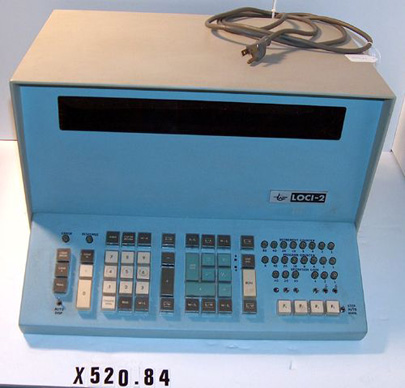
Wang Laboratories was a well known calculator company that branched out into the electronic word processing marking in the early 1970’s. Wang developed an advanced word processing operating system to match equally advanced hardware at the time. The company fell behind when technology took a large leap ahead, but Wang’s systems opened the door for word processing software on general-purpose PCs.
14: AltaVista

AltaVista wasn’t the first internet search engine, but it was certainly the most influential due to its immense popularity. AltaVista gained its popularity by having a minimalistic interface, something modern search companies like Google and Yahoo have learned from. AltaVista proved the importance of said minimalism by causing its own demise when it added more complexity to its interface.
13: The 3DO Company
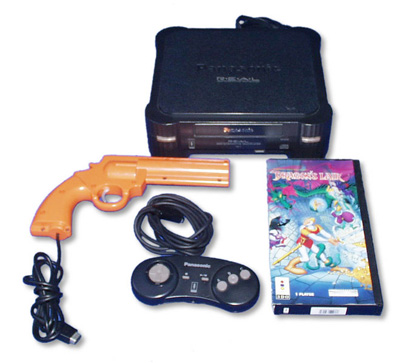
While many think of 3DO as a video game publisher, it actually got its start producing a video game console known as the 3DO Interactive Multiplayer. It was the very first CD-ROM based console system and was capable of 32-bit processing. The console’s high price tag and minimal game library caused it to fail, but it made 3D console gaming with high quality textures a reality, further perfected by Sony’s Playstation and Sega.
12: Appeal
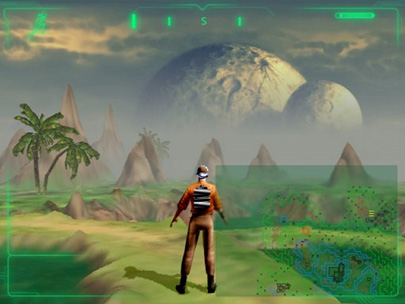
Appeal was a small game development company that created only two games; neither of which was very popular. However, one of its games, Outcast, did use a very sophisticated rendering technology known as Voxels. Even though this voxel technique was very basic at the time (1999), it has since matured into one of DirectX 11’s distinguishing features.
11: Aureal Semiconductor

Aureal was a PC sound card manufacturer in the mid-late 1990’s. It pioneered advanced surround sound effects for 3D games for use with only two stereo speakers. Due to an expensive lawsuit with Creative Labs, Aureal was forced into bankruptcy and bought out by Creative. Since then, Aureal’s advanced audio technology has lent to great improvements to Creative’s EAX platform.
10: Silicon Graphics Inc.
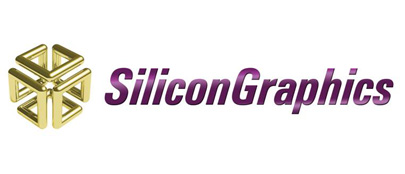
SGI was a hardware and software company that specialized in 3D computing. Its presence in the computer industry allowed for the advanced development of nearly all 3D technologies, including industrial design as well as 3D gaming. SGI is also the creator of OpenGL, a programming API very popular in gaming and mobile computing which will likely be used well into the future.
9: Fairchild Semiconductor
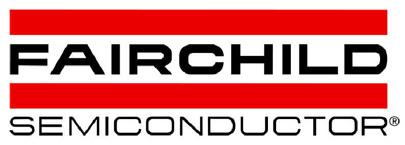
Fairchild Semiconductor got its start in the late 1950’s and went on to achieve many tech industry firsts, such as the first silicon integrated circuit, CCD, and even cartridge based game console. All of these technologies have since grown to power everything from desktop computers to handheld cameras.
8: Magnavox
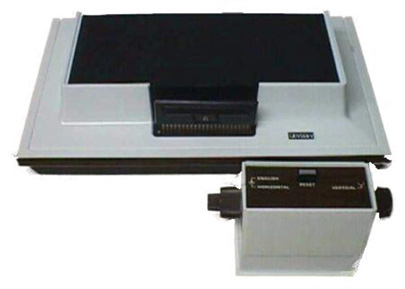
Magnavox was a popular consumer electronics company which created the home video game console market with the creation of the world’s first home gaming console, the Magnavox Odyssey. The Odyssey was released in 1972, a full three years before Atari would enter the market. Little did they know that they were a creating a multi-billion dollar home gaming market that exists today.
7: Atari
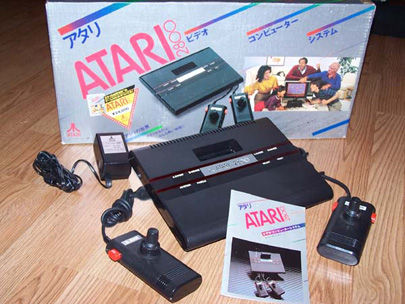
When you think “old video games,” you think Atari, and for good reason. Atari created some of the very first coin-operated arcade games. It also created the Atari 2600 home video game console, which was a screaming success due to its relatively low cost and wide game options. Atari introduced the world to the thrill of gaming.
6: Zenith Electronics

Zenith was pretty much your run of the mill consumer electronics company, but they did have one game-changing invention: the remote control. This began with a simple wire-based remote, but quickly evolved into a light-based solution. Don’t think a TV remote is a big deal? When was the last time you got up to change the channel.
5: Palm Computing

I know you’re thinking that Palm isn’t a failed company, but actually, with Palm performing very poorly during the Dot-Com crash, it split into two separate companies. It wasn’t until later in 2005, through some business mumbo-jumbo that the Palm trademark was reacquired, reviving the Palm name (long enough for it to be bought out by HP earlier this year). Nonetheless, Palm gave us the original Palm-Pilot, a stunning success in portable computing that no doubt inspired the capabilities of today’s smartphones.
4: 3dfx

3dfx was the creator of the esteemed Voodoo PC video card line. With its Voodoo2 series cards, 3dfx pioneered scalable multi-core rendering technology, known as SLI. Sadly, by the late 90’s, both ATI and NVIDIA were producing faster cards and it wasn’t long before NVIDIA bought out 3dfx. The Voodoo2’s SLI technology lived on through NVIDIA, and ATI also developed its CrossFire platform based on the same concept.
3: Sega
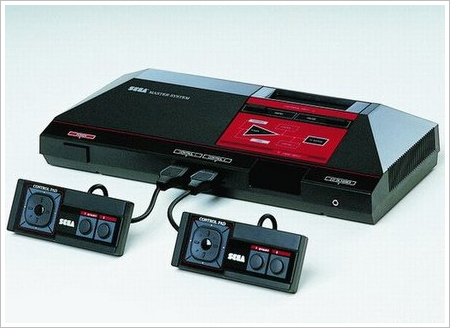
Again, not an entirely failed company but this once revered console manufacture has flunked out of its own game, left only to game licensing and publishing. But Sega left a huge impact on the world, advocating video games as early as 1945 and continuing to produce innovative and exciting hardware and games. In many ways, Sega paved the way for the entire video game market.
2: Sun Microsystems
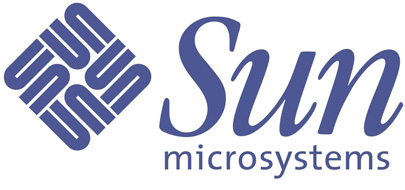
Sun started out at the beginning of the Dot-Com boom, providing server hardware and software suites but the greatest asset it gave us was Java. Java has turned out to be an amazingly fast and versatile programming language that will likely last many years into the future. Even though Sun was not a failing company, its acquisition by Oracle has left it nearly useless, kept only for its patents.
1: Commodore International
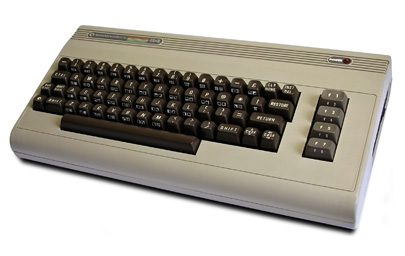
Every good computer geek knows the Commodore name. Commodore brought personal computing to the masses, producing some of the most powerful computers of the time at affordable prices (like the Commodore 64). Not only that, Commodore also developed the AmigaOS operating system which, as early as 1992, was arguably more advanced than Microsoft’s Windows 95. Even though Commodore failed, it left behind a legacy that will influence the computer world forever.

